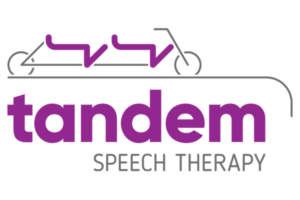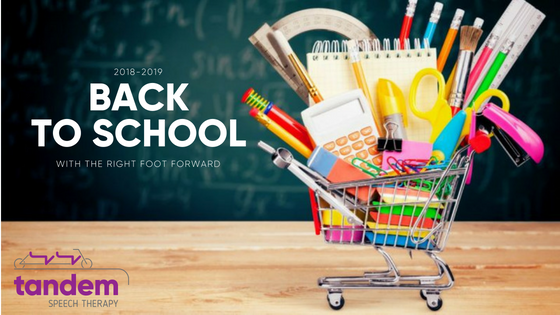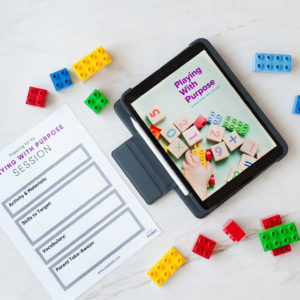*This post was originally published on August 3, 2017*
Once the year is underway, find out if your child is progressing toward his/her IEP goals. Ask on a regular basis. If your child has been working on the same target but is still struggling after three months, it may be time to try a new approach or take a break from the goal. Asking this question also helps you monitor progress and keep track yourself. If you are also working on these skills at home, you can let the SLP know about your successes/challenges.
3. Contact your child’s new teacher, the front office of the school, last year’s SLP, or even the district office to find out who your child’s speech-language pathologist will be for the current school year. It is a good idea to make contact early and also keep in touch with the SLP throughout the school year. Ask the speech therapist what the best way for you to communicate with them will be. Early contact lets the speech therapist know you are interested in remaining involved and up-to-date with your child’s work. You can offer the SLP your email address or phone number, send a notebook for communication to go back-and-forth between home and school, or you may receive a folder with regular updates and notes on progress and homework assignments. Be proactive but also aware that everyone has their system of communicating between home and school.
Speech therapy is most effective when parents and SLPs work together. Get started now and have a great school year!
Need some extra support during back-to-school season and beyond?
Start Playing With Purpose
Learn how to purposefully and intentionally interact with your child during play and help them increase opportunities for speech and language development with our Playing with Purpose book!











